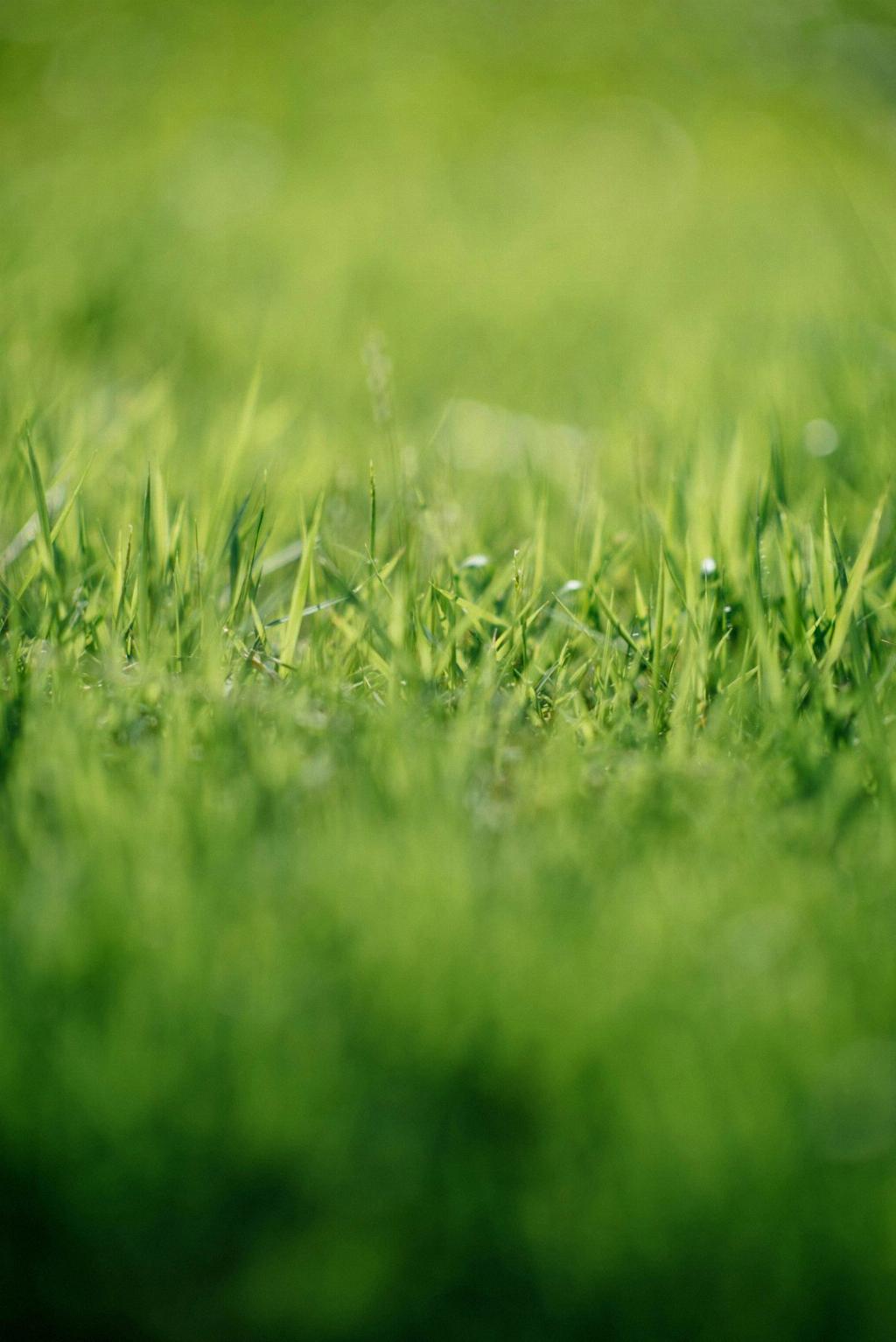When it comes to lawn care, timing is crucial to ensure your grass looks healthy and vibrant throughout the year. One common question that homeowners often ask is, “When can I stop mowing my lawn?” The answer to this question can vary depending on several factors, such as the season, the type of grass you have, and the climate in your area.
The Transition to Fall
As the summer heat begins to wane, and the foliage starts to change color, many people wonder if it’s time to give their lawnmower a break. Fall is a crucial time for your lawn, as it prepares to enter a period of dormancy during the winter months. Keep in mind that the rule of thumb for mowing in the fall is: “When the grass stops growing, you can stop mowing.”
Understanding Grass Growth
To know when your grass has stopped growing, it’s essential to understand the factors that influence its growth patterns. Grass growth is primarily influenced by temperature, sunlight, soil moisture, and nutrients. As temperatures drop in the fall, grass growth slows down significantly, signaling that it may be time to ease off on the mowing.
Observing Your Lawn
One of the best ways to determine when to stop mowing your lawn is by observing its growth closely. Take note of the rate at which your grass is growing and adjust your mowing schedule accordingly. If you notice that your grass is barely growing or has stopped altogether, it may be a sign that it’s time to put the lawnmower away for the season.
Consider Your Grass Type
The type of grass you have in your lawn can also impact when you should stop mowing. Cool-season grasses, such as Kentucky bluegrass and fescue, tend to slow down their growth as temperatures cool in the fall. In contrast, warm-season grasses like Bermuda grass may continue to grow for a bit longer before entering dormancy.
Don’t Cut Too Short
When mowing your lawn in the fall, avoid cutting the grass too short. Taller grass blades can help protect the root system from the harsh winter conditions, such as frost and snow. Keep your mower blade at a higher setting to leave a bit more length on the grass, allowing it to stay healthier during the dormant season.
Preparing for Winter
While you may be eager to retire your lawnmower for the season, it’s essential to make sure your lawn is adequately prepared for the winter months. Before you stop mowing, take the time to aerate your lawn, remove any thatch buildup, and apply a winter fertilizer to promote root growth and overall health.
Leaves and Debris
In addition to mowing, it’s crucial to keep your lawn clear of leaves and debris as fall progresses. A thick layer of leaves can block sunlight and prevent proper airflow, leading to issues like mold and disease. Use a mulching mower or a leaf blower to keep your lawn free of debris and maintain its health.
Final Mowing Session
Before you officially retire your lawnmower for the season, consider giving your lawn one final mow. This last session can help even out the grass height, remove any remaining debris, and give your lawn a tidy appearance before it goes into its winter dormancy phase.
Enjoy a Break
Once you’ve determined that your grass has stopped growing and it’s time to stop mowing, take a moment to appreciate the break. Enjoy the downtime from lawn maintenance tasks and look forward to the beauty of your lawn reemerging in the spring.
Winter Lawn Care
While you may have stopped mowing your lawn for the season, there are still essential winter lawn care tasks to consider. Keep an eye on your lawn for signs of disease, ensure proper drainage to prevent waterlogging, and remove any heavy snow buildup to protect your grass from damage.
Spring Renewal
As winter fades and spring approaches, you’ll have the opportunity to renew your lawn and prepare it for another season of growth. Aerate the soil, overseed any thin or bare areas, and establish a regular mowing schedule to encourage healthy growth and lush green grass throughout the spring and summer months.

